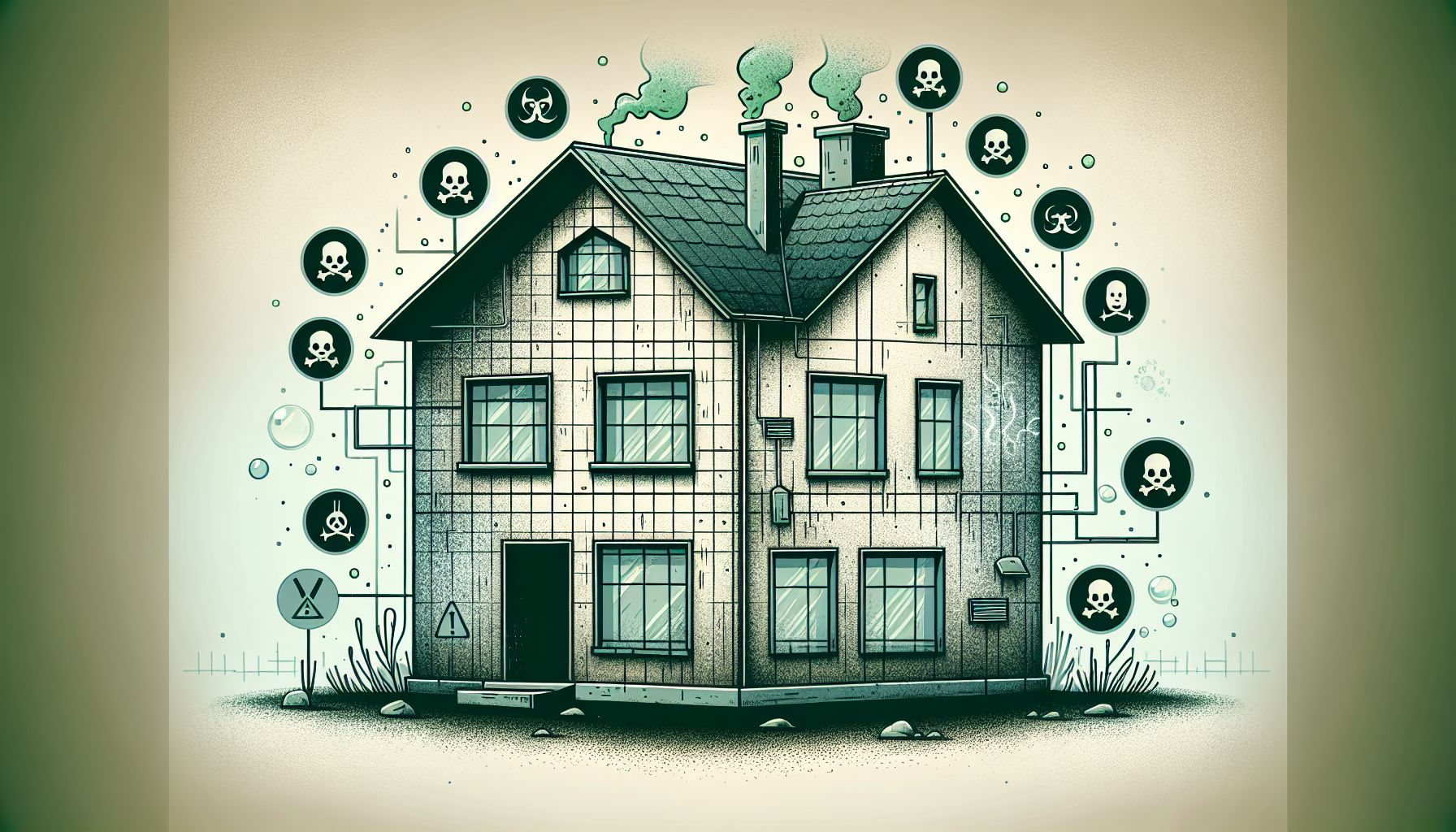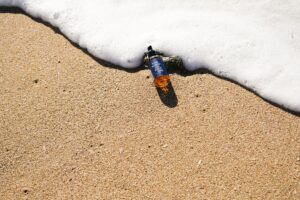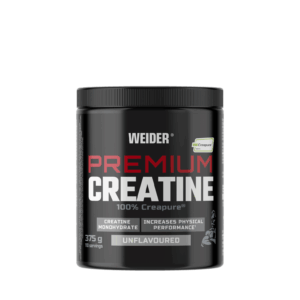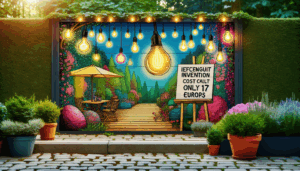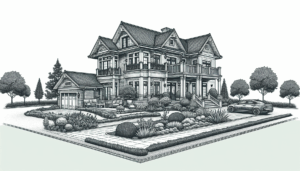Living in unawareness is always comfortable, though it later leads to inexplicable situations that affect our health as we age. Diseases don’t just appear out of nowhere. While we do have genetic predispositions, from birth, we are exposed to hundreds of toxic substances daily.
Eva Liljestrom, an environmental scientist of Scandinavian origin born in Granada, doesn’t suggest living isolated like John Travolta in "The Boy in the Plastic Bubble." Through her website and Instagram account, she has been advising families in their homes and has spent several years preparing her book, "A (Nearly) Toxin-Free Home" (Alienta, 2024). Her goal is for us to make informed decisions if we choose to expose ourselves to toxins.
Home Pollution
Eva explains that outdoors, the air circulates and rain washes away suspended particles. However, at home, fabrics, upholstery, lacquers, enamels, cosmetics, and cleaning products constantly emit toxic chemical elements. "Have you ever felt a slight headache or difficulty breathing after smelling a bottle of detergent?" Eva asks. Even though these substances are present in small quantities and there’s no regulation banning them, being exposed to them daily and without proper ventilation has proven to be harmful. "A delightful toxic soup forms in your home. Do you open the windows daily?"
The Importance of Ventilation
In winter, it’s common to avoid opening windows due to the cold, which is a mistake. "In winter, we want to be warm and crank up the heating, which turns that soup into a perfect breeding ground for microorganisms. It’s important to ventilate, even in winter!" emphasizes Eva.
Everyday Products and Their Impact
Eva highlights that perfumes, fragrances, and cleaning products contain phthalates, endocrine disruptors. Even in small amounts, the accumulation of these products can cause headaches, irritation, and dizziness. "We have normalized living with these symptoms without realizing they are due to constant exposure to these substances."
Actions for a Healthier Home
Eva suggests becoming informed about the components of the products we bring into our home and exercising our power as consumers. Reading labels and safety pictograms is essential. She also recommends ventilating the house and, if possible, using sensors and air purifiers. "Synthetic air fresheners can be related to respiratory illnesses and central nervous system diseases. Use high-quality essential oils."
Food and Plastics
Eva warns about consuming foods wrapped in plastic, as they can release microplastics into our bodies. "We could be ingesting the equivalent of a credit card in plastic every week. These plastics can alter our hormonal function and cause obesity, thyroid, or fertility issues."
A Healthier Home
Eva admits it’s impossible to have a completely toxin-free home, but insists that every small change counts. "Start with the issue that concerns you the most, whether it’s cleaning, sleep, or exposure to substances. Small changes can have a big impact on your health."
About Eva Liljestrom
Eva Liljestrom is an environmental scientist with a degree in Environmental Sciences, specializing in environmental toxicology. Founder of "Toxin-Free Home," she advises families on adopting healthier habits. She published her first book "A (Nearly) Toxin-Free Home" in February 2024 with Alienta (Planeta Group). Her mission is to help families improve their quality of life in a conscious, healthy, and sustainable manner.
Eva lives in the countryside and uses air purifiers to ensure the air quality in her home, highlighting that even in natural environments, pollution can be present. Her work and commitment have helped more than 2000 families live healthier lives.

